IN MUSEUMS: The Philippine culture, arts, and history thrives back

The COVID-19 crisis has profoundly affected societies globally, plunging the global economy into a deep recession. It guaranteed that nothing is exempted, from busy and active sectors to still centers for exhibits and galleries, like museums.
Countries took radical measures to counter the spread of COVID-19, hence the closure of art institutions to the public. The cultural sector was among the most affected when they opted to close their doors. Music studios, film centers, museums, and libraries, among others, have gone tranquil amidst the plight of the world. Moreover, restricted populations were unable to display and celebrate their heritage and masterpiece.
IN MUSEUMS: The Philippine culture, arts, and history thrives back
Manila, a hive of different activities, was vulnerable and helpless at the height of the crisis. After traversing the gloomy crossroads and adjusting to the new normal, people hope to gain back the good old days. However, searching for an oasis of calm and quiet reflection amidst the hustle and bustle of Manila is quite impossible.
Fortunately, before the lockdowns come to an end, several museums in Manila have reopened, albeit with restrictions and regulations. In mid-2022, some officially started welcoming museumgoers and continued to serve as a source of resilience and support to communities.
Health and safety are still the top priority
While open spaces are archetypal, museums, with a maintained number of aesthetes, are another safe option in the new normal. Following the IATF-regulated reopening agreement, they revised their health and safety security protocols for both the staff and public visitors.
Visiting museums these days is quite the same as before, except that visitors have to consider a pandemic-friendly tour. These ways are simple and significant.
1. You have to wear masks when you go around
Considering everyone’s safety, you must wear your face mask properly inside enclosed areas and galleries.
2. Less people can visit at a time
Social distancing is still a must. So, if you think you and your friends can squeeze yourselves into a crowd like before, try your luck next time.
3. Hand sanitation stations
Museums provide hand sanitation stations inside to keep their guests safe and hand clean. Nevertheless, they do not allow anybody to touch the artwork, not just for safety purposes but to maintain them in good condition.
4. Enforcement of age restrictions.
Some museums still don’t allow minors and senior citizens. So, if you’re planning to bring your little kids or grandparents to the museum of your choice, you might want to visit its official online site first. It won’t hurt and will save you from hassle and disappointments.
5. Online pre-registration
You can opt for hassle-free registration and payment methods when visiting some museums in Manila. Some allow you to schedule a visit via their online site, which adds to your overall museum-going experience. Moreover, it helps them to easily record their guests’ health declaration forms and convenient cashless payment systems.
Here are some of the museums in Manila that you can already visit.
1. National Museum of Fine Arts
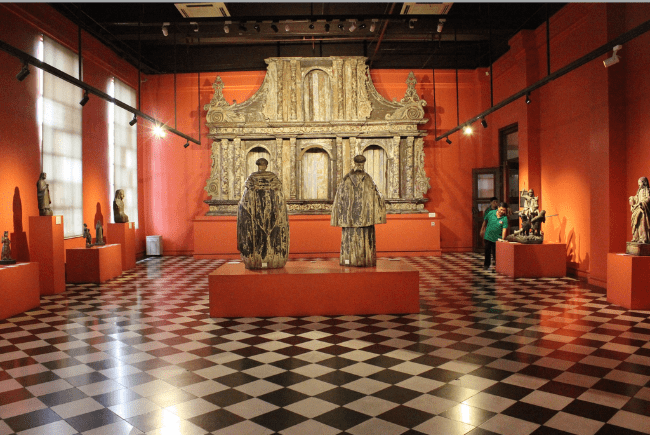
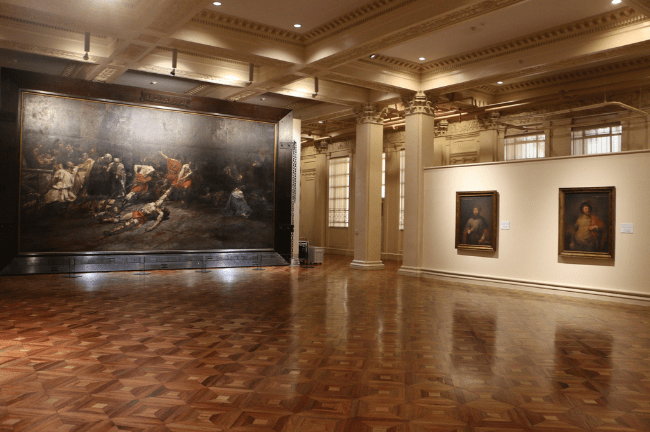
The National Museum of Fine Arts houses ancient and modern artworks of Filipino masters, National Artists, painters, sculptors, and printmakers. If you’ve recently been introducing yourself to local arts and culture, you should put this first on your list. Meanwhile, it has been the staple spot for both museumgoers and aesthetes. Like them, you’ll surely love going back there.
2. National Museum of Natural History
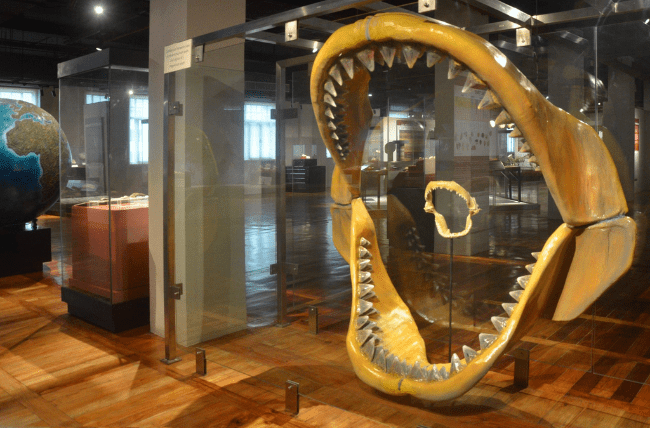
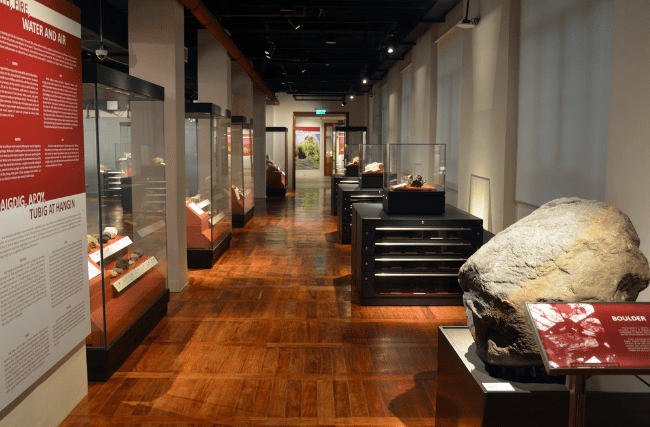
The National Museum of Natural History houses the country’s rich and unique biological and geological diversity. Various exhibits are interactive, so it is perfect if you prefer to interact while learning about our history. It is for you to discover the beauty and knowledge it has to offer.
3. National Planetarium
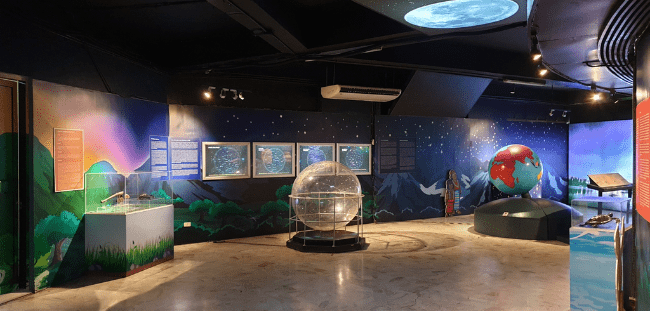
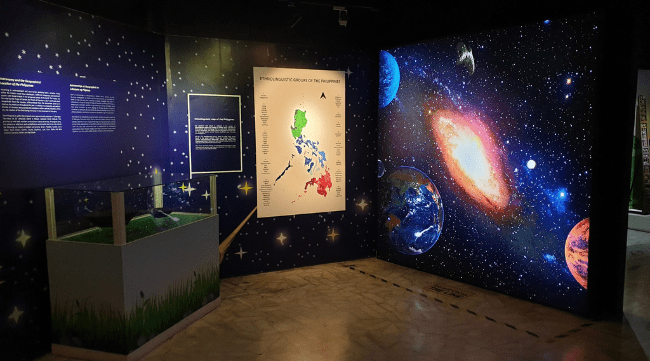
The National Planetarium houses the modern astronomy and ethnoastronomy practices used by different ancient local communities. Your childhood memory might be flashing back as this is usually one of the field trip destinations of primary and secondary students. But if you’re unfamiliar with this, you’ll enjoy discovering astronomical information through lectures, demonstrations, exhibitions, and actual celestial observations.
4. National Museum of Anthropology
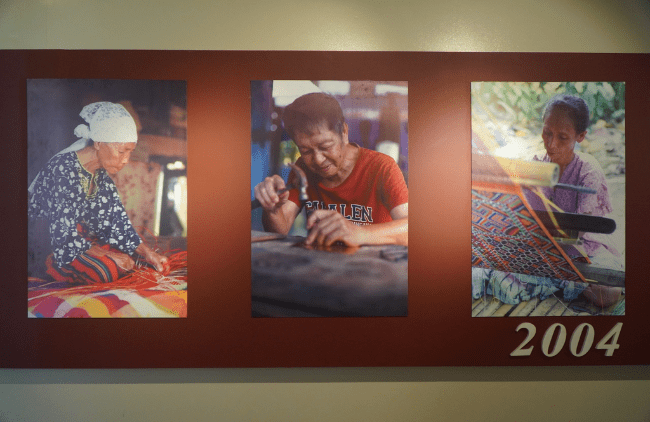
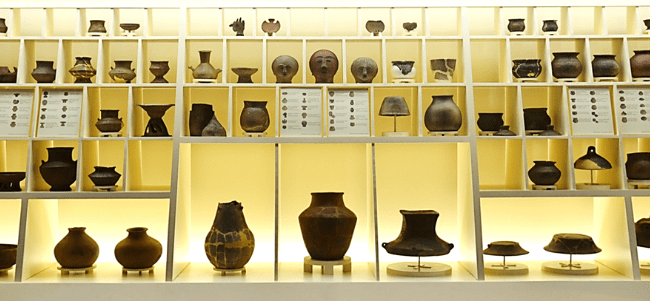
The National Museum of Anthropology, also called the Museum of the Filipino People, houses the Philippine ethnographic and terrestrial and underwater archaeological evidence from the past. If you want to know about the culture of the islands in the country, try this one out.
5. Casa Manila Museum
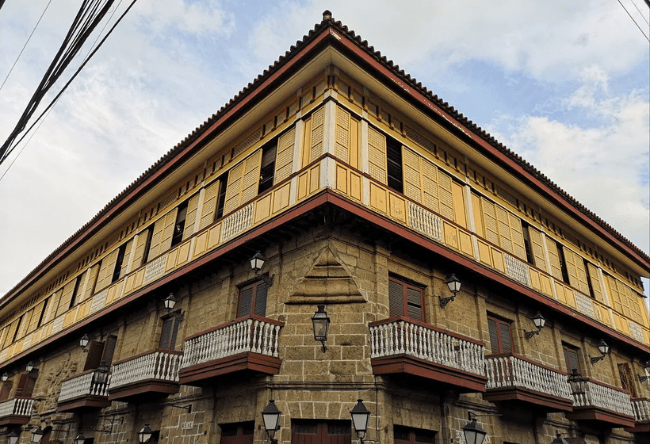
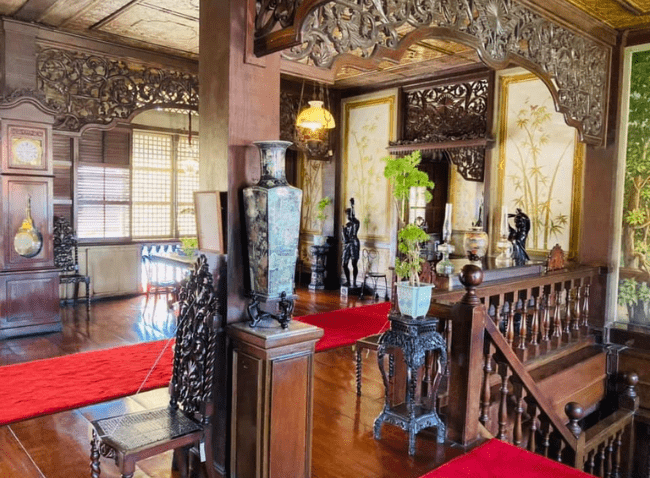
Casa Manila Museum is a three-story structure that houses Philippine architecture and antique furniture. It is a replica of a Spanish Colonial mansion or an upper-class Filipino home of the 19th century.
Micas pursues writing and photography as a hobby and as an instrument to feature the life of people often ignored in society. She aspires to be a journalist and an all-around cool girl someday. She's in the process of making herself eloquent in writing and speaking.






